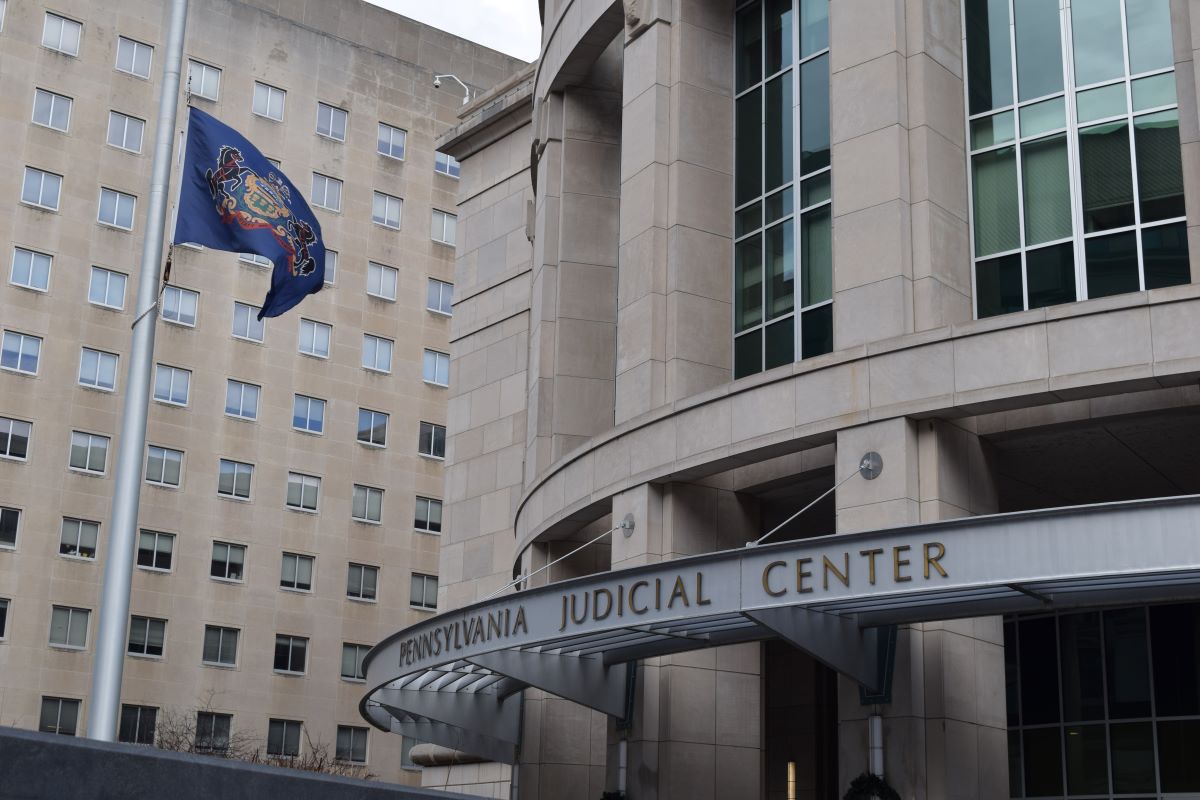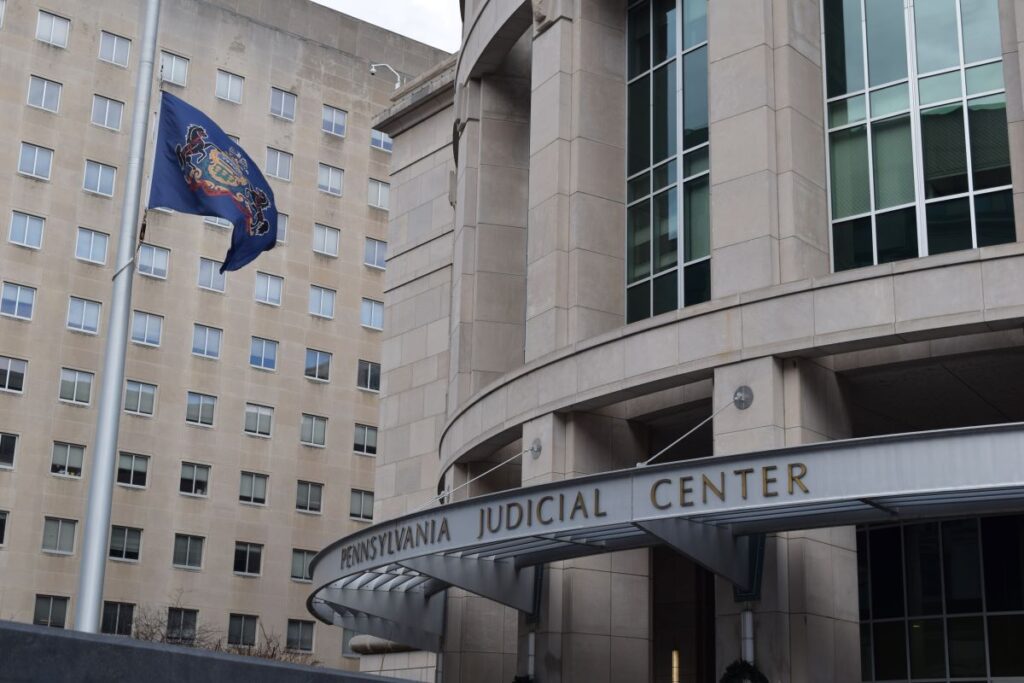Originally Authored at TheFederalist.com

A Montgomery County Pennsylvania man who pled guilty to election fraud has been given a strange sentence this week by Chief United States District Court Judge Mitchell S. Goldberg.
Philip C. Pulley of Huntington Valley was charged by the Department of Justice (DOJ) in August with falsely registering to vote, double voting, and election fraud.
The DOJ said Pulley, 62, registered to vote in three places: Montgomery and Philadelphia counties in Pennsylvania, and Broward County, Florida, using a false home address and a false Social Security number. He requested a mail-in ballot to vote in Philadelphia County in the 2020 general election, while also voting from Montgomery and Broward counties. He also voted in both Montgomery and Philadelphia counties in 2022.
Pulley was given three years’ probation, fined $9,500 and a $400 special assessment, and Goldberg also ordered him to write a letter explaining why he committed the offenses. He was also ordered to complete 100 hours of community service, with 50 of those hours dedicated to “an entity that works toward the promotion of free and fair elections.”
The Federalist asked a DOJ spokesperson if the court specified which “entity” Pulley should serve at, or would he choose it himself, and asked for the name of the entity. The DOJ did not respond, and that detail is not included in the court papers.
Nonprofits dedicated to free and fair elections exist with all political views, from left to right leaning, and not all are created equally.
For example, while some groups advocate for voter ID as a requirement of voting, other groups specifically work against voter ID laws, saying it is racist to require people to prove their identity to vote. It is unknown which camp the judge wants Pulley to immerse himself in.
There is another detail being protected by the DOJ. When this case was announced in September, The Federalist asked the DOJ which party Pulley registered with. It would not say, and that detail has also been absent from court filings.
The case exposes a flaw in Pennsylvania’s voter integrity rules that, in this instance, allowed someone to have more than one vote.
The Help America Vote Act (HAVA) requires voter registration applicants to provide a valid driver’s license number or the last four digits of their Social Security number if the applicant does not have a valid driver’s license. But in 2018, the Pennsylvania Department of State (DOS) issued guidance that removed a safeguard that would have prevented one person from registering multiple times.
The DOS directed counties not to reject voter registrations “based solely on a non-match between” the driver’s license number or Social Security number on a registration application and the “comparison database numbers.”
The application information provided by voters is compared to the matching government database for Social Security or driver’s license numbers. The DOS matching directive ultimately means voters don’t exactly have to prove who they are to get a ballot. The state says counties must send mail-in ballots to requesters, even if their data does not match. And once a voter has one or more ballots in their hands, it is on the voter to send in just one ballot.
Beth Brelje is an elections correspondent for The Federalist. She is an award-winning investigative journalist with decades of media experience.
